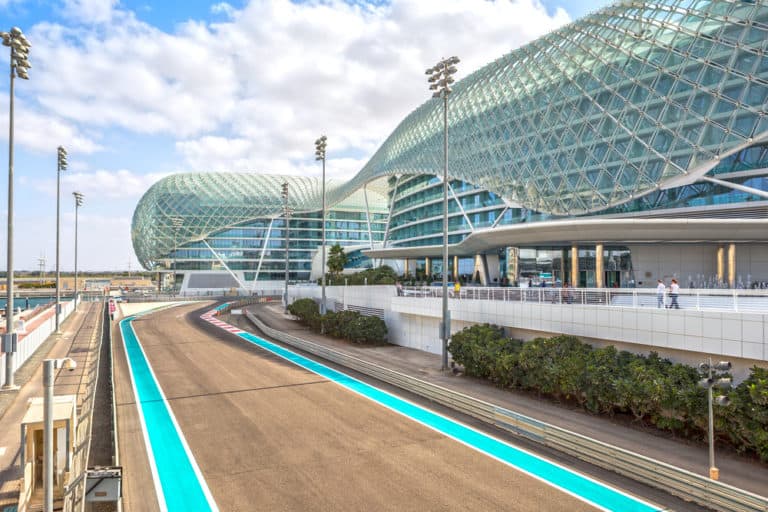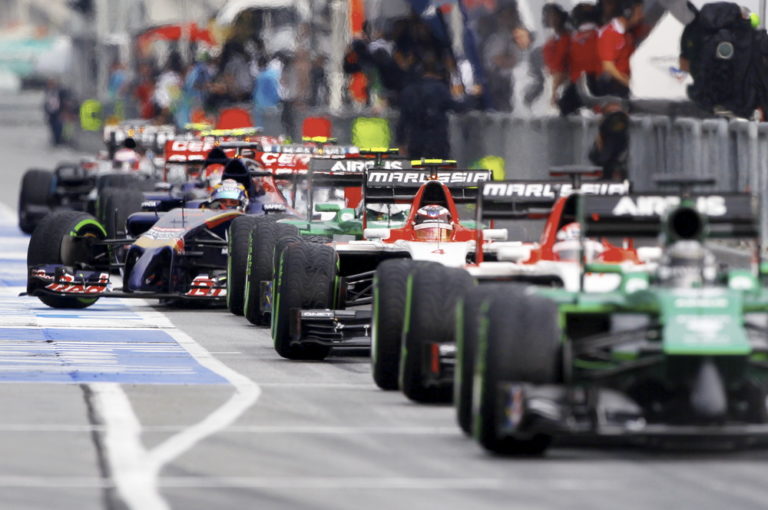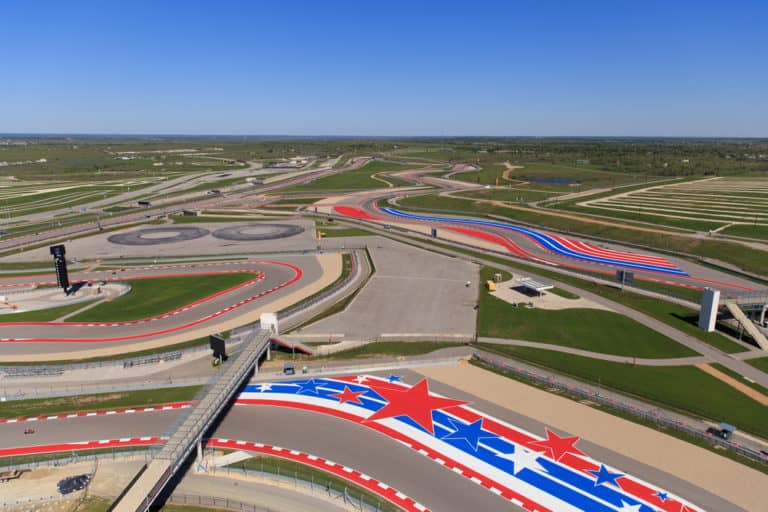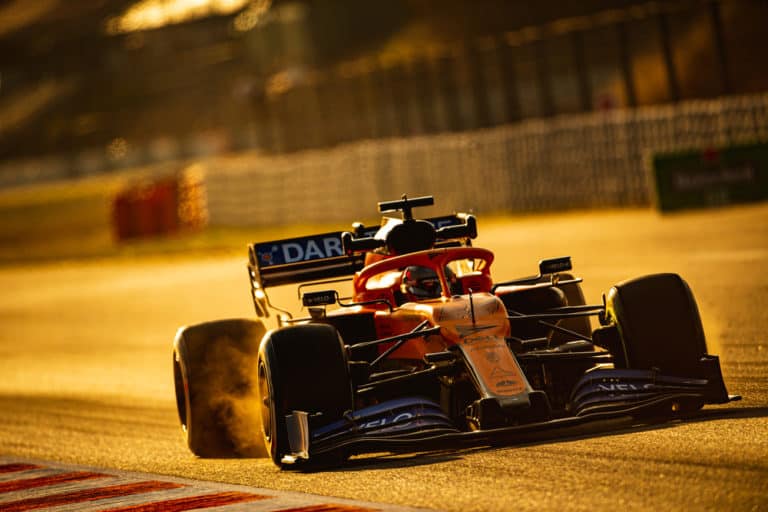From its earliest days in 1981, the Renault F1 Team has had mixed performances, including winning the F1 driver and constructor championships from 2005 to 2006. Sadly, it has been relegated to the back of the grid in recent years. Finally, the team may have turned the corner and has the potential to be a championship contender once again.
In the 2022 season, Alpine will continue to use the Renault engine, which has been under development for 2021. The 2022 engine features an entirely new hierarchy that features a new turbo and compressor system, a revised gas engine, and ERS system that has been completely redesigned.
Renault has developed the 2022 Alpine F1 engine over the 2021 season, and from all accounts is a massive improvement on the previous Renault engines. The hope is that they have turned the corner.
If you’re looking for some F1 merchandise, check out the awesome stuff at the official F1 store here.
The Development Of 2022 Alpine/Renault Engine
Renault changed the entire power unit architecture, including the
- The Internal combustion engine
- The Energy Recovery System (ERS)
- The turbo
- The positioning in the car.
The redesign includes switching the layout of the turbo system into a “split” turbine and compressor concept pioneered by Mercedes in 2014.
The design team’s focus was to focus on performance, if necessary, at the cost of reliability. This outlook makes sense because the design freezes imposed by the new regulations disallow performance development but allow for developments that improve reliability.
The initial results seem very positive, and Alpine is apparently “delighted” with the engine, and they claim it is producing levels of horsepower within 10 BHP of the best teams.
Fernando Alonso has stated that the new unit is a ‘bomb’ of an engine.
While the future of the engine seems to be positive, there have been a few reliability issues at the start of the 2022 season, including an “O-Ring” failure in Melbourne, which forced Fernando Alonso to retire; these seem to be minor teething type problems.
Renault has a mysterious project, “E-Plan,” which is rumored to have the goal of making Fernando Alonso world champion one more time before he retires.
The Development Of The 2022 Renault F1 Engine
In anticipation of the new regulations, which came into force effective from the 2022 season, Renault made no significant upgrades to the 2021 engine.
The regulations have mandated a two-step development freeze on the engine, meaning that the teams can make no further developments on selected components after specific dates.
The first cut-off date was March 2022, when they froze the following components.
- The Internal combustion engine (gas-powered).
- The turbo.
- The Motor Generator Unit-Heat (MGU-H) recovers energy from the turbo.
- The exhaust system.
- The fuel specification.
- The engine oil specification.
The second cut-off date was September 1, at which point all manufacturers must submit their final designs.
- For their unit’s Energy Store.
- Control Electronics.
- Motor Generator Unit – Kinetic (MGU-K) is an electric generator and motor that recovers energy from the crankshaft and acts as a motor that powers the crankshaft.
With the steep development deadlines, the engine manufacturer halted the development of the 2021 engine in favor of devoting its entire resource to developing the new engine.
Despite Renault’s commitment to the engine development, the final product was only finished the day before testing started in Barcelona.
It is believed to include a split turbo layout that Mercedes pioneered in 2014.
The History Of The Alpine Engine
Renault is one of four engine manufacturers in Formula 1, as follows.
- Ferrari
- Mercedes
- Red Bull Racing (previously Honda)
- Renault
The engine manufacturers build the power units for themselves while also making them available to customer teams.
In past years Renault was a major engine supplier to F1 teams, which include
- Lotus, Ligier, Tyrrell (1983–1986)
- Williams, Ligier, Benetton (1989–2001)
- Renault (2002 – 2006)
- Red Bull (2007–2010)
- Red Bull, Lotus, Caterham, Williams, Toro Rosso (2011–2017)
- McLaren (2018–2020)
- Alpine (2021 – 2022)
The engines in use by each team for the 2022 season are listed in the table below.
| Team | Engine Supplier |
| AlphaTauri | Red Bull Racing |
| Alpine | Renault |
| Alfa Romeo | Ferrari |
| Aston Martin Aramco | Mercedes |
| Haas | Ferrari |
| Ferrari | Ferrari |
| McLaren | Mercedes |
| Mercedes | Mercedes |
| Red Bull Racing | Red Bull Racing |
| Williams | Mercedes |
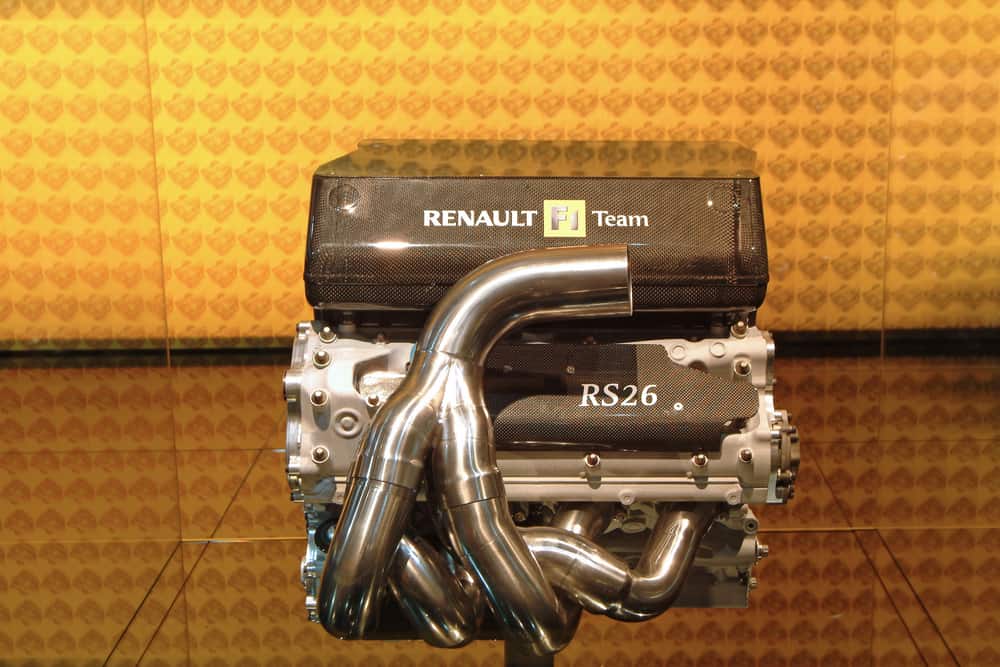
The History Of The Alpine F1 Team
As an organization, the Alpine team has been in existence since 1981, when it was called the Toleman team.
In 1986 the global fashion brand, Benneton purchased the team and renamed it Benneton.
In 1999 Michael Schumacher joined the team, and they won both the 1994 and 1995 world championships.
Renault was the engine supplier for Benneton between the years 1989 and 2001.
In 2000 Renault purchased the Benneton, and in 2002 they changed the team’s name from Benneton to the Renault F1 Team.
Team Renault won the world construction championship for two years in a row in 2005 and 2006. Its primary driver, Fernando Alonso, won the driver’s title in both years.
In 2011 Lotus joined the Renault F1 team as a sponsor, and they changed the team’s name to Lotus Renault GP.
In 2012 Genii Capital held the majority shareholding in the team. Between 2012 and 2015, the team again changed its name to the Lotus F1 Team, and it raced as “Lotus .” Renault retained 25% equity and continued as an engine supplier.
In 2021 Fernando Alonso re-joined the team.
Renault renewed its team ownership in 2015, and the name reverted to Renault Sport Formula One Team, and this arrangement stayed in place until 2020. While retaining ownership of the team, in 2021, to align it with the Renaults sports car brand, Renault rebranded it as Alpine.
In the team’s various guises, Renault has supplied the engine in an unbroken record since 1986.
Conclusion
The 2022 Alpine/Renault engine has been a long time coming, and finally, it seems that an F1 car from the Renault stable may be a viable contender to perform at the front of the F1 grid. Renault has not been a championship contender since the mid-2000s, and they would be a welcome podium participant.
If the rumors about the “E-Plan” are true, it would be very healthy for the future of F1, and it would be fantastic to see Fernando Alonso be given a chance to regain the F1 crown once more before he retires.
References
- https://www.autosport.com/f1/news/renault-pushing-performance-over-reliability-with-new-split-turbo-f1-engine/8365609/
- https://en.wikipedia.org/wiki/Alpine_F1_Team
- https://en.wikipedia.org/wiki/Renault_in_Formula_One
- https://www.autosport.com/f1/news/renault-pushing-performance-over-reliability-with-new-split-turbo-f1-engine/8365609/

